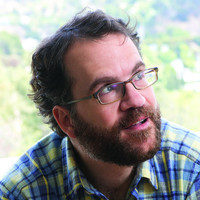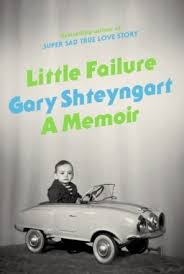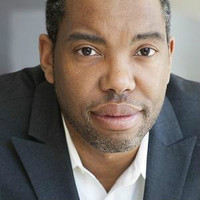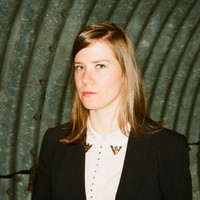Margalit Fox is a senior obituary writer for The New York Times.
"You do get emotionally involved with people, even though as a journalist you're not supposed to. But as a human being, how can you not? Particularly people who had difficult, tragic, poignant lives. But there are also people that you just wish you had known. And, of course, the painful irony is that you're only getting to know them by virtue of the fact that it's too late."
Thanks to this week's sponsor, TinyLetter!
</blockquote>



















